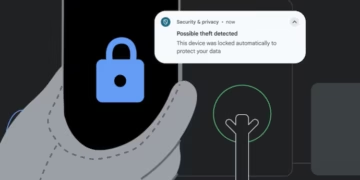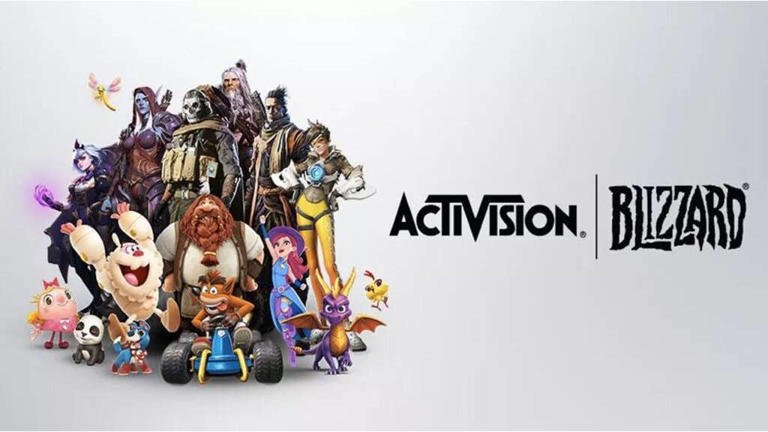The Federal Trade Commission (FTC) has made a major decision regarding Microsoft’s purchase of popular gaming company Activision. In a surprising move, the FTC has abandoned its previous efforts to block the acquisition, which was initially put forward during the Biden era. This news has sent shockwaves through the gaming community and has people questioning the motivations behind this sudden change of heart.
The FTC’s proposed block on the massive purchase was based on concerns over monopolistic power and anti-competitive practices. However, after reevaluating the situation, it seems that the FTC has deemed these worries to be unfounded and has given the green light for the acquisition to move forward.

This development has been met with mixed reactions. Some argue that this move will ultimately benefit both companies and the industry as a whole. Microsoft, with its already established gaming platform, Xbox, will now have access to Activision’s extensive portfolio of popular game titles such as Call of Duty and World of Warcraft. This will not only give Microsoft a stronger foothold in the gaming market but also open up new avenues for cross-platform compatibility.
On the other hand, there are concerns about the potential negative impact this acquisition could have on smaller gaming companies and independent developers. With Microsoft’s increased power and influence, there are fears that it could stifle competition and limit the variety of games available to consumers. These worries are amplified by the fact that Microsoft has a history of acquiring companies and then dissolving their original brand and identity.
Microsoft president Brad Smith on X called the FTC’s retreat “a victory for players across the country and for common sense in Washington, D.C.”
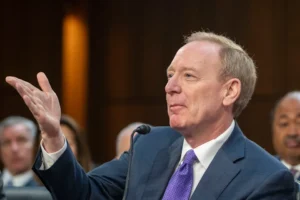
The Federal Trade Commission recently withdrew its challenge to Microsoft‘s $69 billion acquisition of Activision Blizzard. Initially opposed by the Biden administration in 2022 due to antitrust concerns, the move signals a significant victory for Microsoft. The company, now one of the largest video game providers globally, faced scrutiny over its potential control of the “Call of Duty” franchise, with the FTC fearing reduced access for rival gaming platforms.
Legal setbacks had hampered efforts to block the deal, with courts denying the FTC’s attempts for a preliminary injunction. These difficulties contributed to its decision to end opposition. The merger highlights ongoing debates about the role of regulators in addressing competition concerns within major tech acquisitions.
Key Takeaways
- Microsoft’s acquisition of Activision faced but overcame FTC opposition.
- Legal rulings weakened the FTC’s efforts to block the merger from advancing.
- The case underscores broader debates on antitrust in the tech industry.
Microsoft Corporation (MSFT)
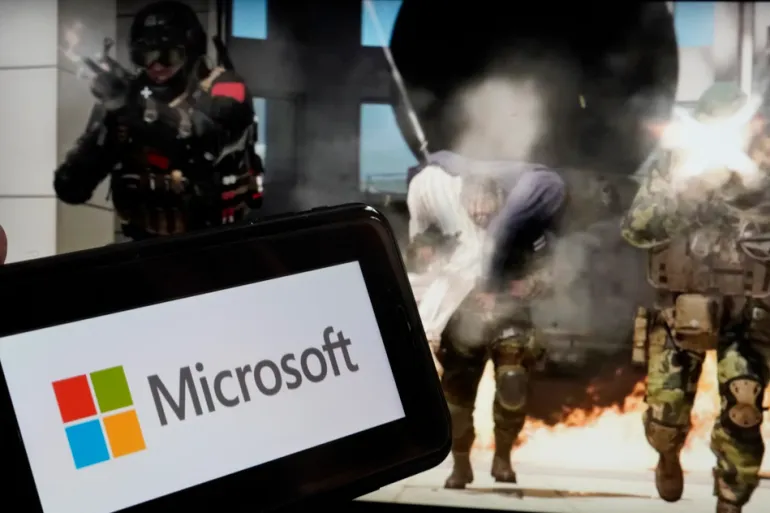
Microsoft Corporation, led by Brad Smith, aims to strengthen its gaming segment with the acquisition of Activision Blizzard. This deal includes popular franchises like Call of Duty, enhancing offerings for its Xbox platform. The partnership is positioned to enrich gaming experiences and expand Microsoft’s presence across various markets.
Common Questions About the FTC’s Actions on the Microsoft-Activision Merger

Why Did the FTC Oppose Microsoft’s Plan to Acquire Activision?
The Federal Trade Commission (FTC) objected to the merger, arguing that the deal could reduce competition in the gaming industry. It pointed out concerns about potential harm to consumers, especially if Microsoft gained the ability to restrict access to Activision’s popular games, giving it an unfair advantage over competitors.
What Is Microsoft’s Deal with Activision About?
Microsoft proposed to buy Activision Blizzard in a deal estimated at $69 billion. The acquisition would allow Microsoft to expand its portfolio with Activision’s massive video game brands, like Call of Duty and World of Warcraft, significantly boosting its presence in the gaming market.
Which Company Is Microsoft Trying to Merge With, and What Could It Mean?
Microsoft aims to merge with Activision Blizzard, a leading video game producer. If completed, this deal could give Microsoft greater control over the gaming landscape, raising questions about its impact on smaller competitors and the availability of games across all platforms.
What Might the Gaming Industry Look Like If the Deal Happens?
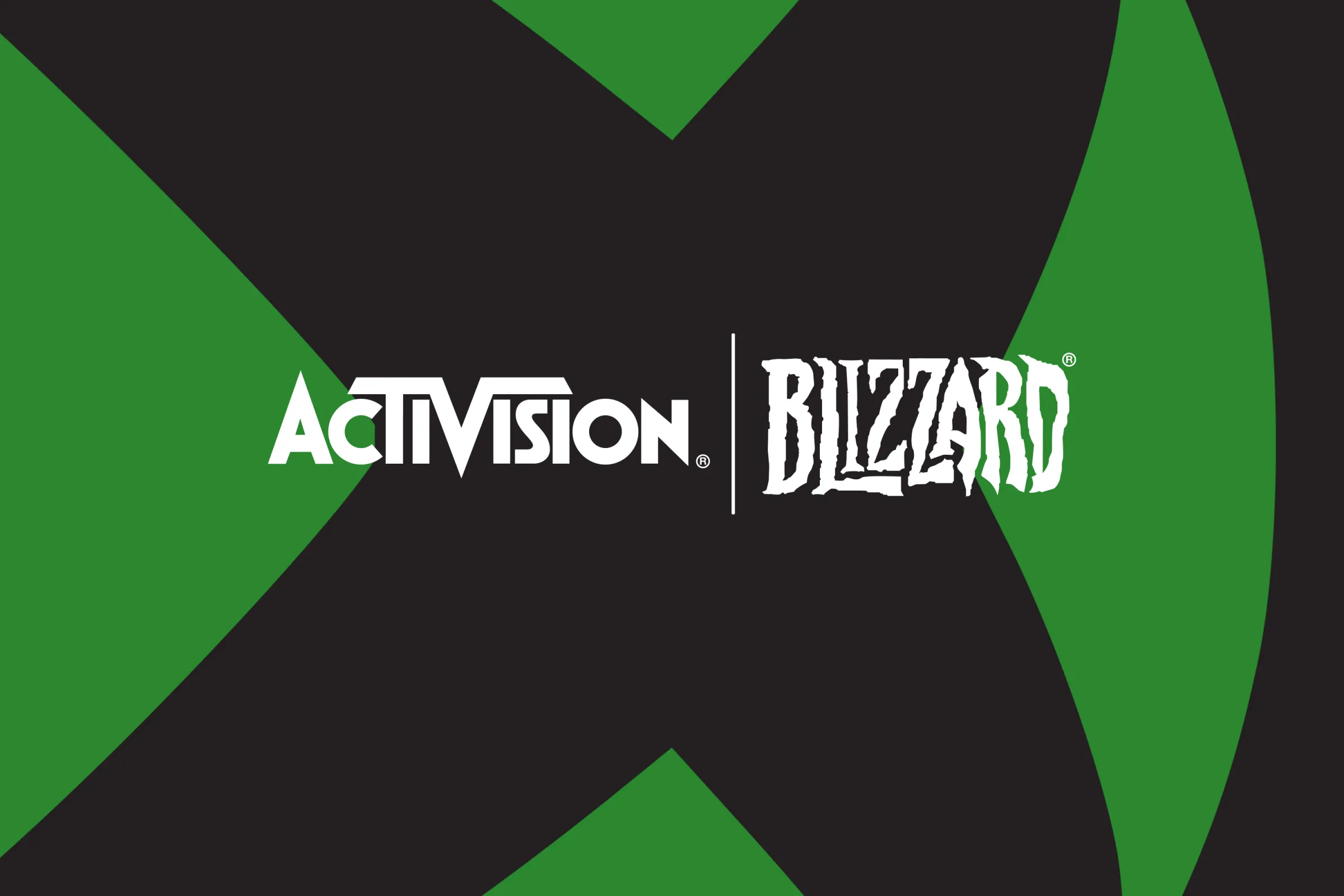
If Microsoft succeeds in buying Activision, it could reshape the gaming industry. The company might gain exclusive rights to key games, influencing cross-platform accessibility and pricing. This could benefit Microsoft but might also spark concerns over reduced competition and innovation.
What Are the FTC’s Key Legal Points Against the Deal?
The FTC argued that the merger could harm market competition by giving Microsoft an unfair dominance in the gaming sector. It pointed to antitrust laws, stating that the deal might hurt rivals by limiting access to Activision’s games or bundling services in ways that disadvantage competitors.
How Could This Deal Impact Competition in Gaming and Technology?
The merger could alter the balance of competition in both technology and gaming. By controlling Activision’s library of interactive content, Microsoft could gain leverage over rivals in the console market and cloud gaming sectors, raising questions about long-term market fairness.
































